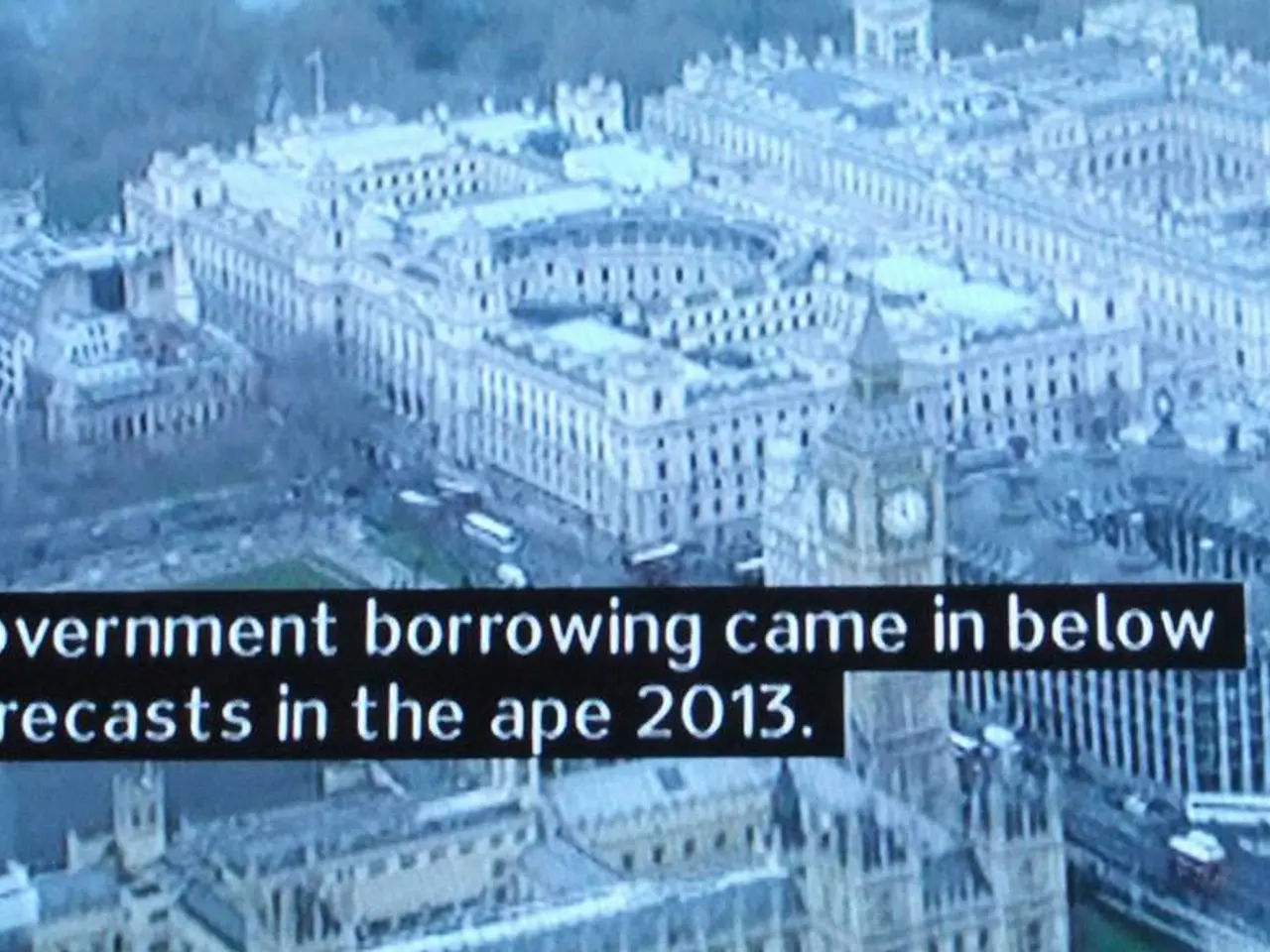Investment of €2.5 billion in the cultural sphere of Germany
In a significant move, the German federal budget for 2026 has allocated a substantial increase in funding for culture and media, with a particular focus on film promotion and memorial sites. The budget, approved by the Federal Cabinet, marks a commitment to bolstering Germany's cultural production capacities.
The film sector is set to benefit from almost doubled funding, with 250 million euros earmarked for Germany as a film location. This increase is accompanied by a new obligation for streaming platforms like Netflix and Amazon Prime to invest in German film productions, aiming to boost international competitiveness and produce more domestic blockbusters and hit series.
Beyond film promotion, the overall federal budget of €520.5 billion for 2026 marks a general increase in expenditures, signaling government priorities towards modernization and growth. While specific detailed allocations for memorial sites and cultural construction projects in 2026 are not explicitly detailed, the expansion of cultural funding within the film sector and continued government emphasis on culture and media indicate a broader governmental commitment to cultural infrastructure.
The Minister of State for Culture and Media, Wolfram Weimer, considers cultural promotion as a central component of Germany's self-understanding as a cultural nation. He believes that Germany's memorial sites are fighting against creeping forgetfulness and the cold calls for closure, and their work creates awareness of freedom and democracy.
In addition to the increased investment in film culture, the budget includes an incentive fund of 3 million euros to help cultural institutions establish more efficient and resource-saving operational processes. The Prussian Cultural Heritage Foundation's reform, a central project from the coalition agreement, is supported with an additional 10 million euros.
The federal cultural promotion funds, including the amateur music fund and the festival fund, receive a total budget of 28 million euros in 2026, strengthening the vibrant free scene. Moreover, the budget includes around 22 million euros additional funding for the construction of freedom and unity monuments in Berlin and Leipzig, the Kulturfabrik Kampnagel in Hamburg, and the planned construction of a research archive of the German Schillergesellschaft. An additional 5 million euros is allocated for the construction of a central memorial for the victims of communist tyranny.
The federal government can now take over the freed-up shares of the Gesellschaft der Freunde von Bayreuth e.V., securing a future-proof structure for the Bayreuth Festival. The Minister of State has allocated an additional 4.9 million euros in 2026 for the memorial and remembrance sector, specifically for sites dealing with the NS terror regime and the SED dictatorship.
Despite large increases in military funding and austerity measures planned for subsequent years with impacts across social spending, the cultural film funding receives targeted support, highlighting its strategic importance. No significant budget cuts or increases were noted for climate-related or building sector measures connected to culture, suggesting stable but not growing funds in these areas.
The 2026 German federal budget broadens investment in film culture while maintaining a commitment to memorial sites and cultural infrastructure projects, sending a strong signal of support for cultural spaces, creative minds, and democratic remembrance. The budget is subject to the further budgetary process, particularly the parliamentary budgetary procedure.
In light of the increased provision for film culture, there may be opportunities for the business sector to collaborate with the film industry, contributing to the production of more domestic blockbusters and hit series. To further support cultural growth, education-and-self-development institutions could consider incorporating courses that explore the importance of film and media in today's society.
As sports often serve as a reflection of a nation's culture, values, and contemporary issues, it would be intriguing to observe how the boosted funding for film and media might influence sports narratives or vice versa, stimulating further conversations about finance in sports and storytelling within the sports industry.




